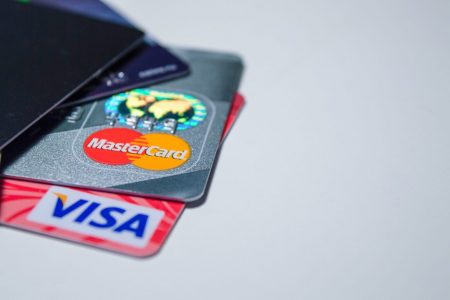Did you receive a call from people claiming to be from a debt collection agency and wondered what that means? When taking out a loan in Canada, you will enter an agreement that states when you will repay the principal, interest, and other additional fees that come with the loan.
This agreement will include a payment schedule that your lender expects you to stick to. If you fall short on your payments, your lender will contact you through the mail, email, or phone.
If, after several backs and forth from your lender and you are still delinquent in paying off your loans, the lender is allowed to take any measure obtainable by the law to retrieve their money. This measure might include seeking the service of a debt collection agency also known as a collection agency.
Once you’re delinquent with your payment, your lender(s) can retrieve their money by hiring a debt collection agency, selling your debt to a debt collection agency or using their debt collection department to get their money.
What is a Collection Agency?
A collection agency is a hired solicitor by the lender that tries to mediate between the lender and the borrower. These agents help in the recovery of debt and are most times stricter in their dealings.
They put in more pressure to see that they recover the money owed. Once your details have been handed over to a debt collector agency, you will receive a notification letter with the following information:
- The name of the debt collection agency
- The name of the lender
- The amount that you owe
Once you get this letter, the agency can contact you either by mail or on the phone. If, after mailing you several letters/emails and you’re unyielding. They will move to phone calls.
You will keep receiving their calls until you pay off your debts or come to an agreement. The lender pays these collection agencies a set fee.
These fees are set by the agencies using some metrics like the lender they are dealing with, the loan amount, among many other factors.
How to Handle a Debt Collection Agency
Since a debt collection agency’s job is specifically to recover unpaid debts, they do not stop contacting you until their mission is achieved. If you don’t meet your loan agreement, a debt collector may contact you to retrieve whatever you are owing.
Once you get a notice that your lender has transferred your debt to a debt collection, you must take the following steps:
- Contact your lender immediately.
- Pay a part of the money or the whole amount you owe
- Reach an agreement with your lender
Effect of Debt Collection Agency on your Credit Score
Sadly, your lender transferring your debt to a debt collection agency leaves a hole in your credit score. It will cause your credit score to decrease. And with a low credit score;
- You might not be able to get favourable loans
- Lenders might decline your credit application
- You might be charged a higher interest rate
- Hardluck getting hired
- Getting accommodation might be difficult, or you might be charged higher rent.
- Insurance companies may charge a higher fee.
Seeing the downside of having your debt transferred to a debt collection agency has, it is advisable to communicate with your lender if you are having difficulty fulfilling your loan terms.
Resolving Your Debt
Once your lender sends your debt to a debt collection agency, all your dealings about the debt will be through the agency. After confirming that the debt is yours and the amount is correct, you will pay the whole amount you owe to resolve the issue. Consider the following when repaying your debt:
- Do not send in cash
- Ensure to collect a receipt for any payments you make
- All your interactions and dealings at this stage should be through the debt collector that contacted you to make payments
- You do not have any business with your lender at this stage, do not contact them
In a case where you are unable to make a full payment, you should do the following:
- Contact the debt collector and give your reasons for defaulting
- Proffer an alternative repayment – this could be a bi-weekly or monthly payment model
- Ensure to put all negotiation and agreement in writing
- If you can make a part payment, include it. This will show your commitment to repay your debt.
Tips
To avoid falling into the wrong hands, ensure to ask for the following details when you receive a call when anyone claiming to be a debt collector:
- Request for the name of the caller
- The company, he/she, works for
- Who the collector is representing – that is the lender
- The phone number of the caller
- The amount you are owing
- Who is your lender?
- And when you took the loan.
The details mentioned above will aid you in carefully reviewing what you have on your bills and statements. If they correspond, you can go ahead to call the collector back.
To be on the safe side, you can request the collection agency to contact you via writing only. This way, you can have evidence of all dealings and interactions.












